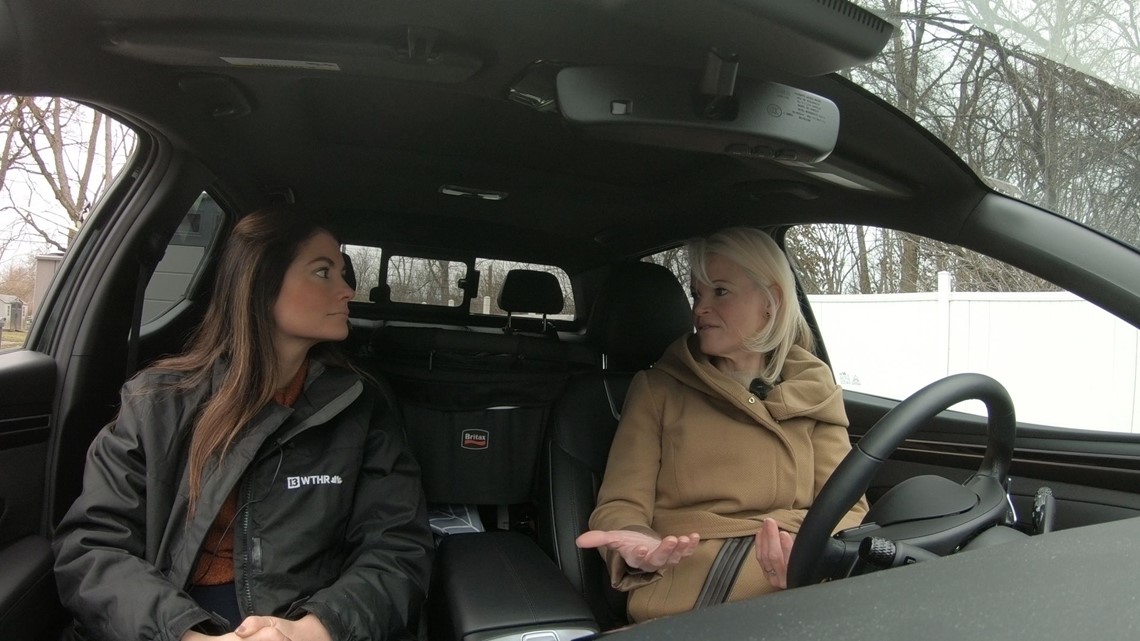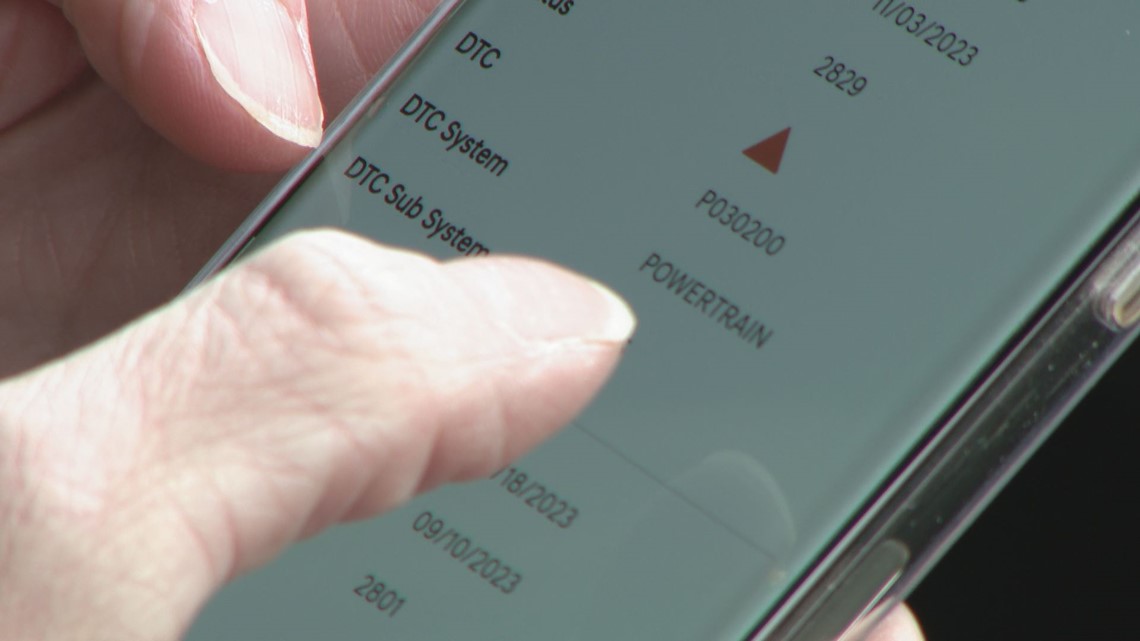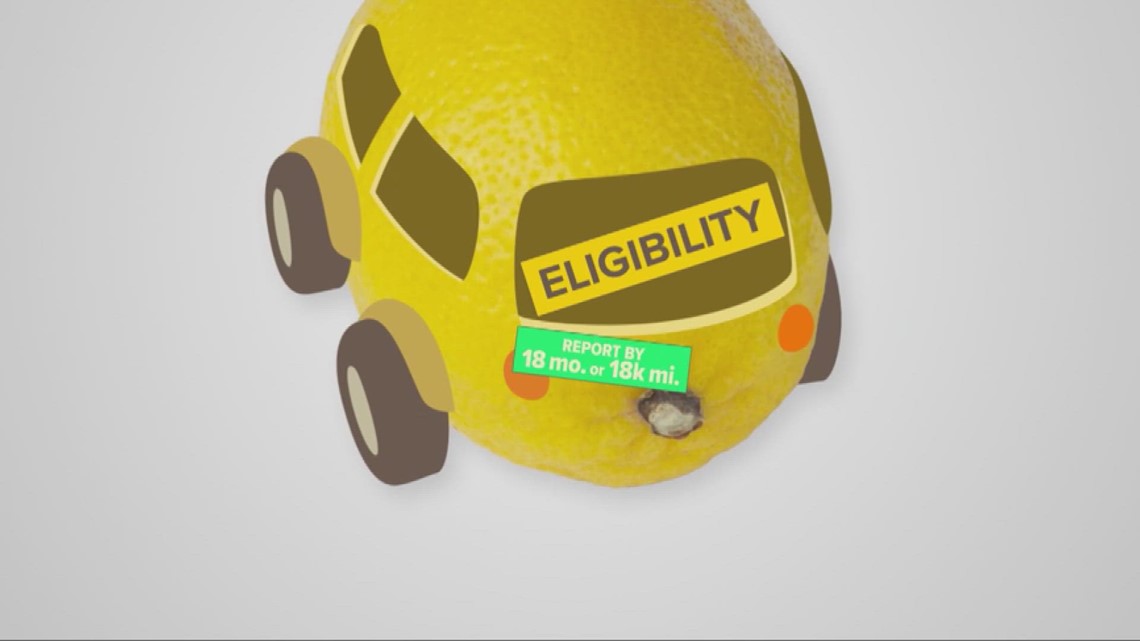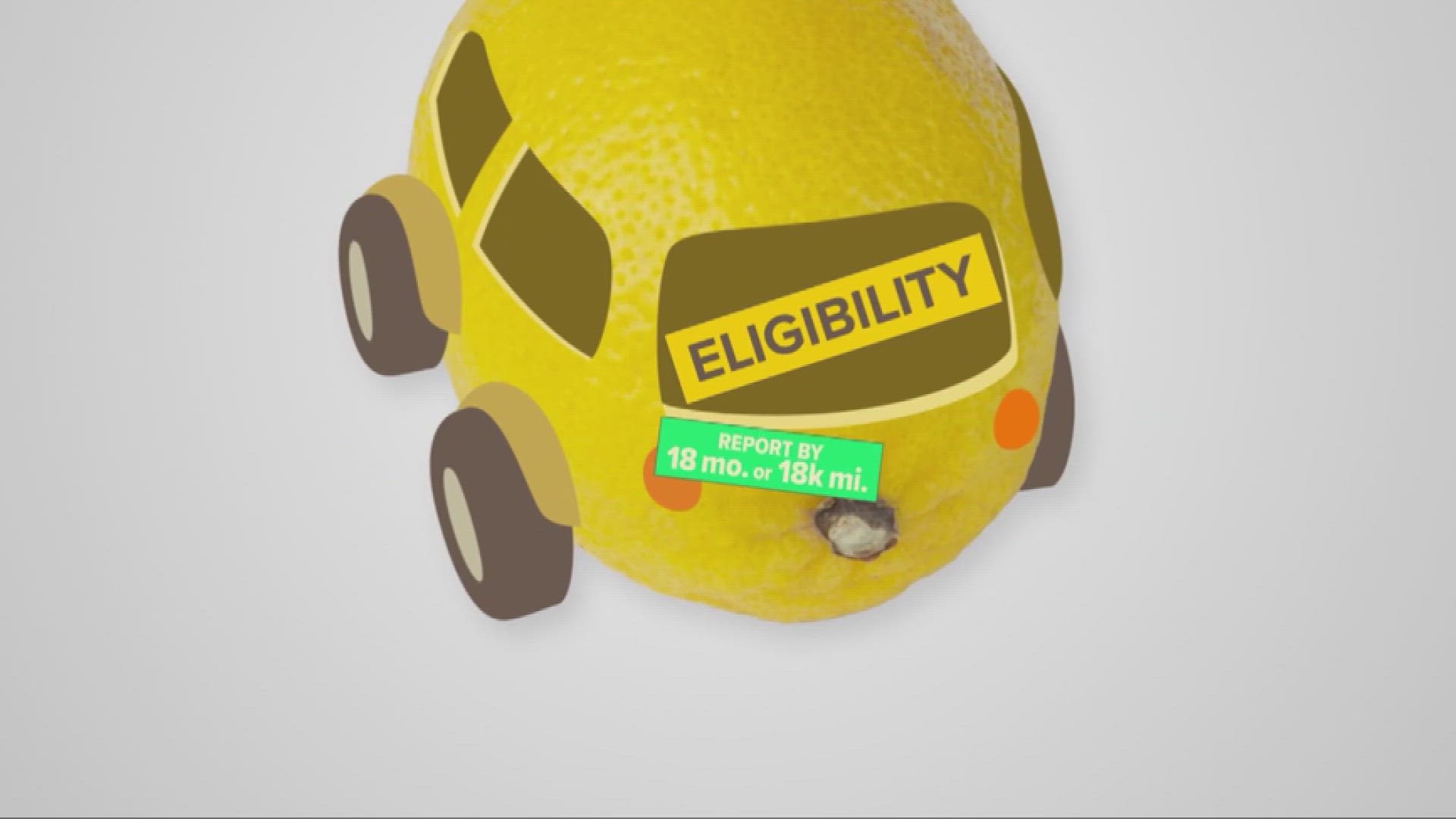INDIANAPOLIS — A reliable car with room for activities is all Billie Willard wanted out of her brand-new, nearly $50,000 Hyundai Santa Cruz.
"It has the under hatch that can be a cooler," Willard showed us, "side bins, tie downs."
Instead, she said she bought a lemon.
Her first issue came up weeks after purchase in July 2023.
"We were on the interstate, you know, going, you know, 72 [miles per hour] somewhere in there. And it just lost power on the top end. So you push on the gas pedal and it, like, drops out."
So, she took the car to the dealer.
A month later, Willard picked it up on a Saturday morning.


"Sunday morning it came back at a stoplight in Greenwood. I was accelerating, and the latching alarm came back. Did not go away," Willard explained.
This fix attempt took two more months. Willard said the car was at the dealer 89 days.
So, she started the process for Indiana's Lemon Law.
To be eligible, there are a few requirements.
The problem needs to be reported within 18 months of ownership or before 18,000 miles, whichever comes first.
Consumers must also allow the dealer a reasonable number of attempts to repair the problem.


The Indiana Attorney General's website says, "A reasonable number of attempts means your vehicle is subject to at least four repair attempts or is out of service due to repairs for at least 30 business days and the problem still exists."
Because it is a state law, the car also needs to be bought in Indiana.
The manufacturer has 30 days to accept return of your vehicle and, at your option, replace the vehicle or refund your money.
The refund option, or buyback offer, leaves Willard owing more than $4,000.
Here is why.
Even though she paid about $48,425 for the car, fees and protections, the buyback offer is calculated using only the cost of the vehicle, not the other fees. Willard’s vehicle was $42,990.
Then, the automaker deducts for mileage, which is calculated assuming the car's life is only 100,000 miles. That is far fewer miles than most vehicles last these days.
The calculation leaves Willard to come up with the difference between the car loan amount and what the car is now worth. In her case, she has to pay thousands if the carmaker takes back her lemon.


So Willard asked for the other option, a replacement vehicle. She said Hyundai refused.
"They cited, well, because of COVID, you know, supply chain problems, and I do understand, you know, supply chain and quality and everything were impacted by COVID. But it's not acceptable to just leave that on individual consumers instead of repping your product," Willard said.
If the parties involved in a lemon law issue can not agree on a resolution, court may be the next stop.
Attorney Robert Duff said if the consumer prevails in a Lemon Law case, they are entitled to recover their attorney fees from the manufacturer.
Duff added it is important to document any issues with a paper trail, possibly even using recordings of conversations with the automaker or car dealer.
"That's very favorable to the consumer. Indiana is a one-party recording state, so as long as one party to the conversation knows that it's been recorded, it's legal," Duff said.
When 13News asked Hyundai's corporate team why Willard was only offered a buyback option they said, "Hyundai will begin working with the customer to locate and acquire a replacement vehicle."
Shortly after, Hyundai reached out to Willard again. However, Willard said that conversation was about only a refund and the automaker never mentioned a replacement vehicle.

